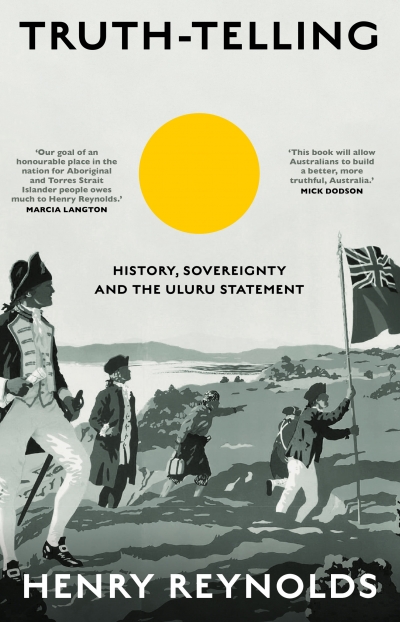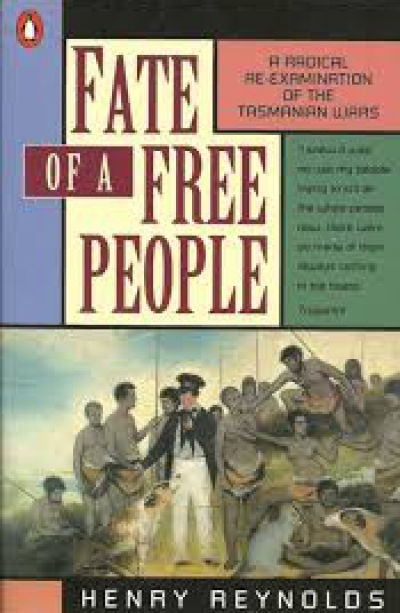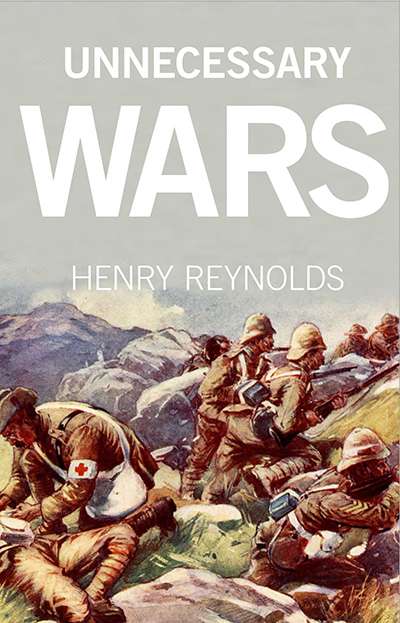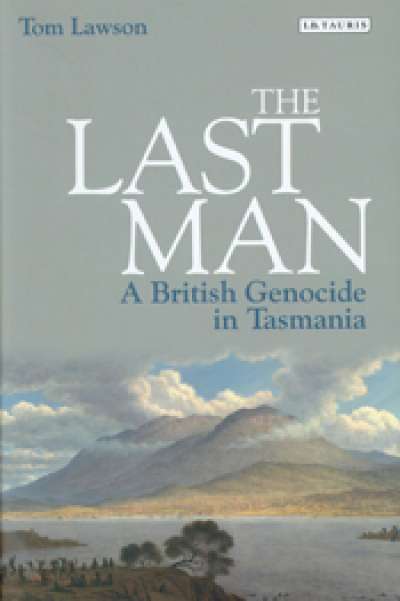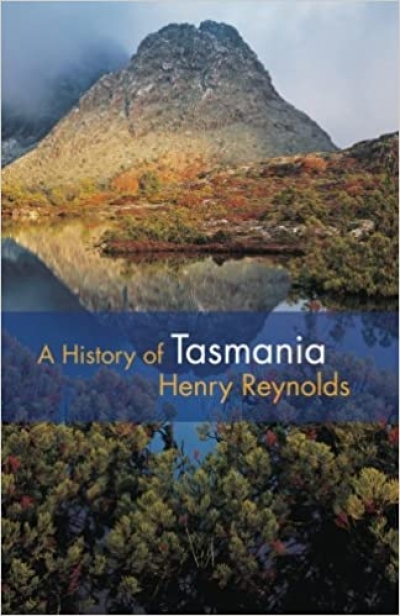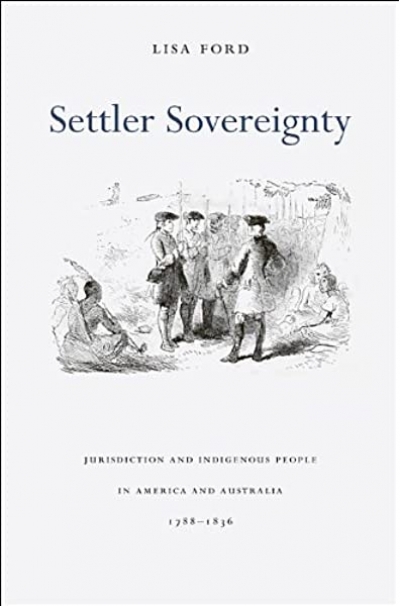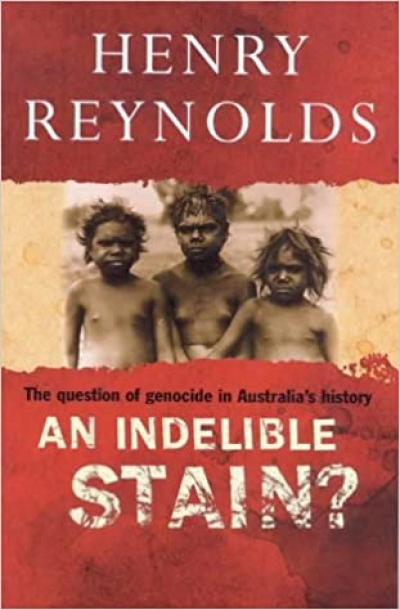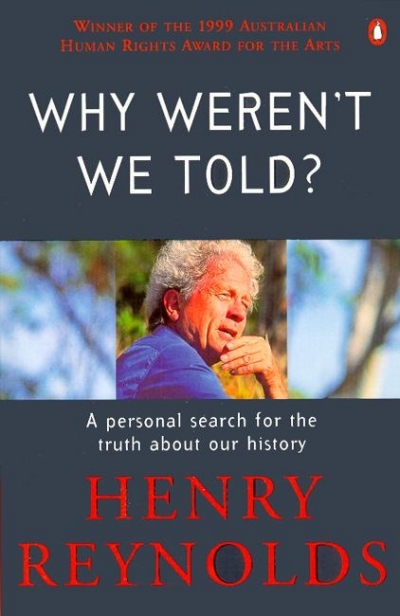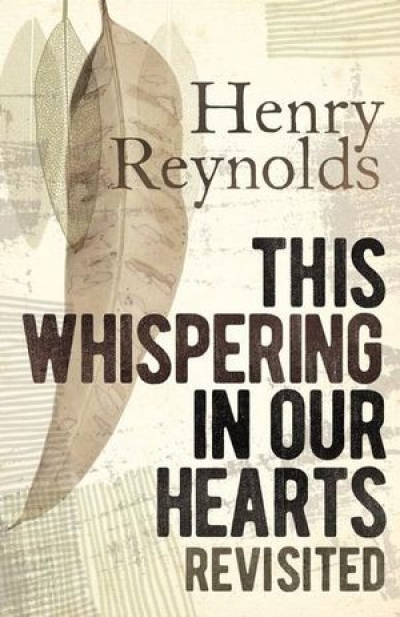Henry Reynolds
Tongerlongeter: First Nations leader and Tasmanian war hero by Henry Reynolds and Nicholas Clements
by Libby Connors •
Truth-telling: History, sovereignty and the Uluru Statement by Henry Reynolds
by Sarah Maddison •
Fate of a Free People: A radical re-examination of the Tasmanian wars by Henry Reynolds
by John Bryson •
Settler Sovereignty: Jurisdiction and indigenous people in America and Australia, 1788–1836 by Lisa Ford
by Henry Reynolds •
An Indelible Stain?: The question of genocide in Australia’s history by Henry Reynolds
by Tony Barta •
Why Weren’t We Told?: A Personal Search For The Truth About Our History by Henry Reynolds
by Morag Fraser •


